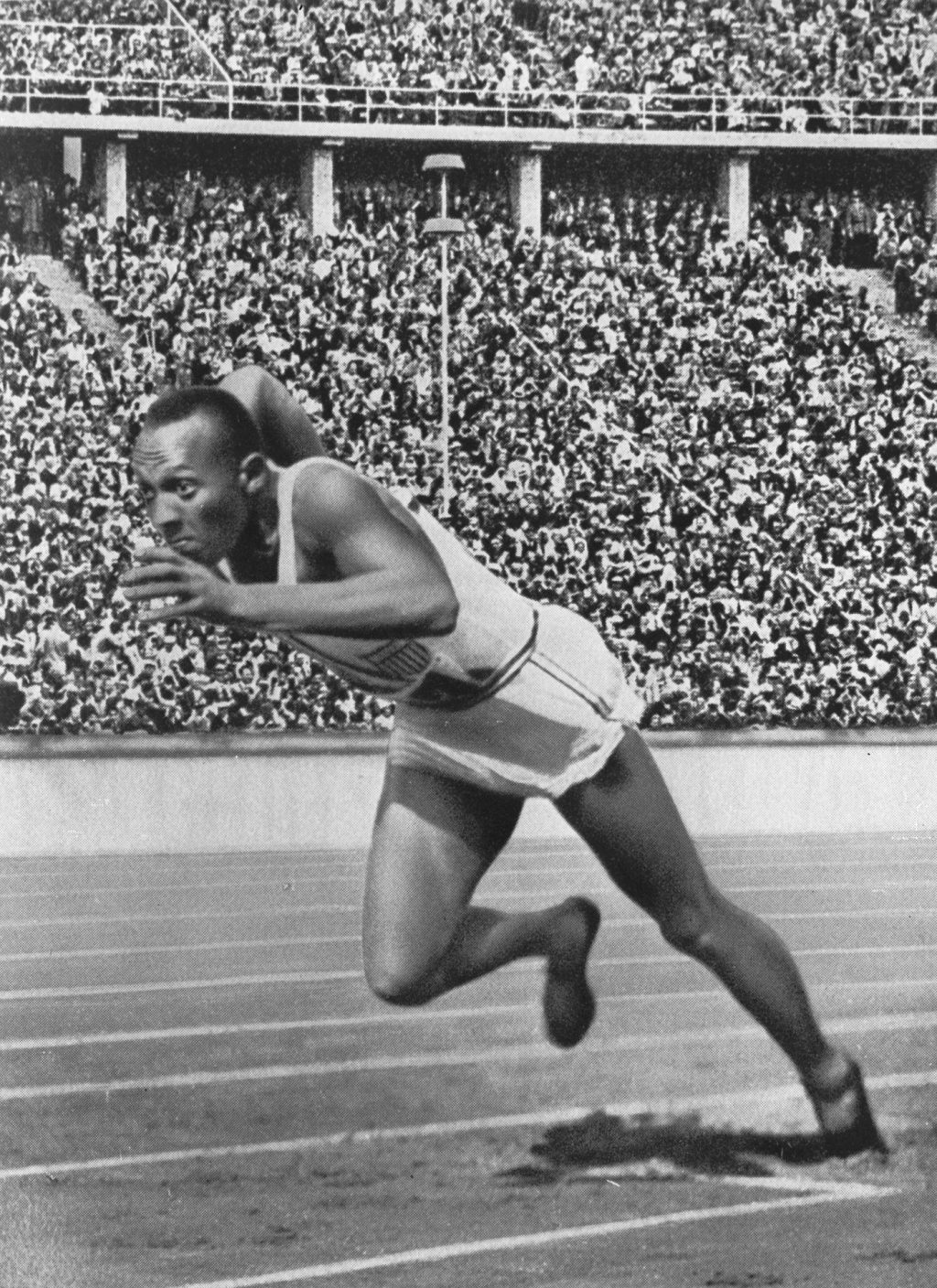Great Lives: ESPN’s Jeremy Schaap discusses biography of Jesse Owens
3 min read
Pixabay
By EMILY DALY
Dodd Auditorium in George Washington Hall was packed on Feb. 18 for Jeremy Schaap’s Great Lives lecture on Jesse Owens, based on his biography, “Triumph: The Untold Story of Jesse Owens and Hitler’s Olympics.”
“Jesse Owens was chosen as a Great Lives figure because this year marks the 80th Anniversary of his celebrated performance at the 1936 Olympics in Berlin,” said the host of the lecture series, William Crawley, director of Great Lives and professor emeritus of history.
“His astounding four gold medals were viewed as a refutation of the Nazi doctrine of Aryan supremacy. It also seemed appropriate to schedule the lecture as part of the University of Mary Washington’s celebration of Black History Month,” Crawley said. “Jeremy Schaap was chosen as the speaker because of the quality of his biography of Jesse Owens.”
Schaap, Cornell University alumnus, is an American journalist and sportswriter. He has won numerous Emmy awards for his work with ESPN on Outside the Lines and E:60.
Previously, Schaap wrote “Cinderella Man: James J. Braddock, Max Baer, and the Greatest Upset in Boxing History,” a nonfiction work chronicling the boxing adventures James Braddock. Schaap gave his lecture on Jesse Owens and his accomplishments in track and field and in conquering racism. In Schaap’s lecture he described Owens’ upbringing. Schaap chronicled how Owens initially became interested in track and field and Owens’ greatest achievements as an athlete.
Schaap talked about the two coaches who gained interest in Owens and his rise to fame as an athlete, which began when Owens equaled the world record for the 100-yard dash while still in high school. Schaap said that Owens’ most incredible feat was on May 25, 1935 when Owens set four world records in 50 minutes while competing for Ohio State. Schaap also detailed how Owens later went to the Berlin Olympics in 1936, where he won four gold medals, setting yet again a new world record.
Freshman Joseph Yeager, who attended the series for the first time, said, “I thought that the story of Jesse Owens was really inspiring, and I was impressed by his athletic talent and what he did atthe Berlin Olympics. I would definitely recommend that people go to Great Lives.”
Although the lectures are primarily about well-known historic figures, the series seeks to illuminate their backstories. Crawley says that he “would recommend attendance at Great Lives presentations for anyone who wishes to learn more about some of the most significant, influential and interesting figures in world history.”
“Race,” a film based off of Owens’ Berlin Olympic performance, was released the day after the Great Lives lecture in select theaters.
If you missed this Great Lives lecture, the UMW Great Lives website says that a high-definition recording will be available March 17 in the Archived Lectures section of the UMW Great Lives website.
The next Great Lives lecture will be presented by James McGrath Morris, Feb. 25 at 7:30 p.m., and will discuss the African American journalist Ethel Payne. A schedule for all Great Lives lectures this semester can be found online at umw.edu/greatlives.











